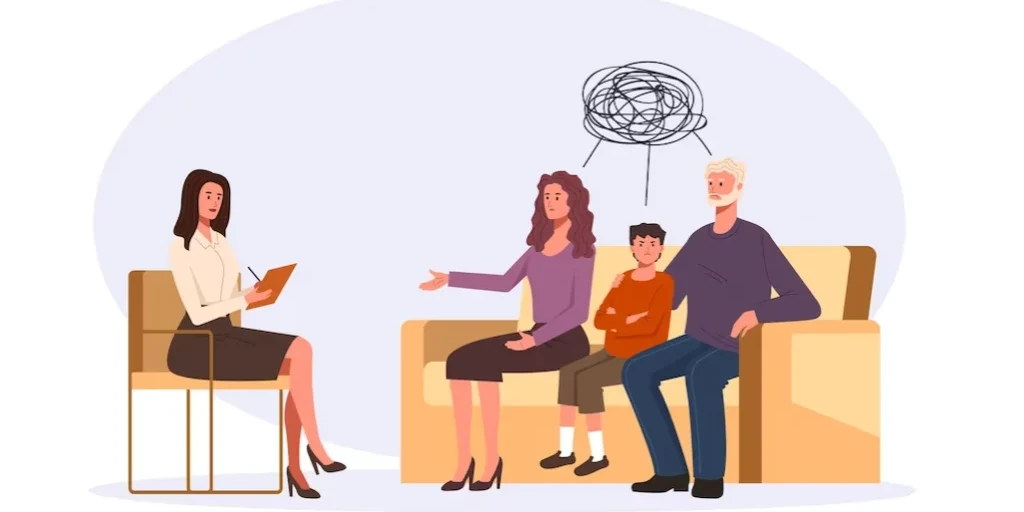24/7 Helpline:
(866) 899-221924/7 Helpline:
(866) 899-2219
Learn more about Eating Disorder Treatment centers in Crosslake
Eating Disorder Treatment in Other Cities

Other Insurance Options

Amerigroup

GEHA

Absolute Total Care

Multiplan

WellPoint

Optum

BlueShield

Ambetter

American Behavioral

Aetna

CareSource

Regence

Optima

Medical Mutual of Ohio

Magellan

ComPsych

Anthem

Molina Healthcare

BlueCross

MHNNet Behavioral Health




Northern Pines Chemical Health
Northern Pines Chemical Health is a private rehab located in Brainerd, Minnesota. Northern Pines Che...

Pinnacle Recovery Services
Pinnacle Recovery Services is a private rehab located in Brainerd, Minnesota. Pinnacle Recovery Serv...

Mended Reeds Mental Health
Mended Reeds Mental Health (MRMH) is an alcohol and drug rehab center in Ironton, Ohio. They serve m...






































































































Adult Teen Challenge – Life Renewal
Adult Teen Challenge (ATC) Life Renewal is a private, faith-based rehab that provides treatment for ...

Community Addiction Recovery
Community Addiction Recovery is a public rehab located in Brainerd, Minnesota. Community Addiction R...

Northern Pines Mental Health – Brainerd
Northern Pines Mental Health – Brainerd is a private rehab located in Brainerd, Minnesota. Northern ...

Spectrum Outreach Services
Spectrum Outreach Services is a private rehab located in Ironton, OH. Spectrum Outreach Services spe...

Lawrence County Family Guidance Center
Lawrence County Family Guidance Center is a private rehab located in Ironton, Ohio. Lawrence County ...


































































